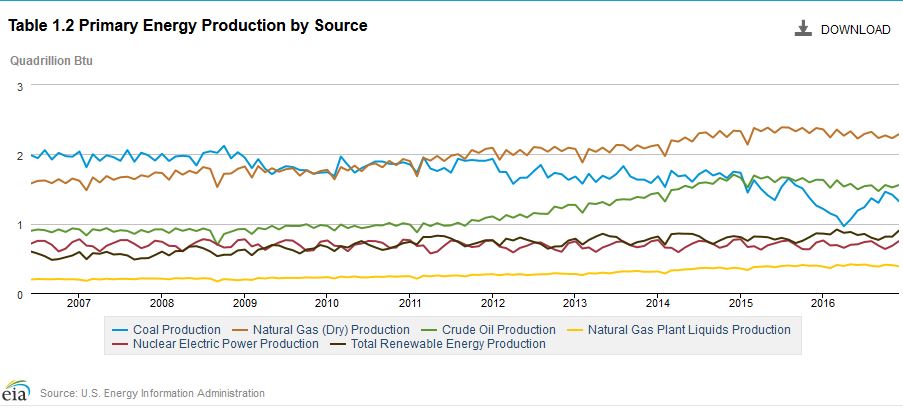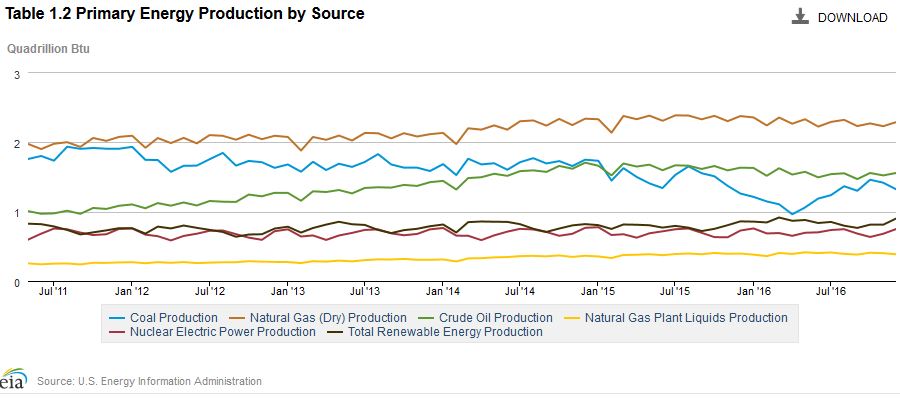In March 2016, a jury awarded two families $4.2 million against Cabot Oil & Gas for contaminating their drinking water. On Friday, the judge set aside the verdict and said the case will have to be retried. The judge wrote that
(T)he weaknesses in the plaintiffs’ case and proof, coupled with serious and troubling irregularities in the testimony and presentation of the plaintiffs’ case – including repeated and regrettable missteps by counsel in the jury’s presence – combined so thoroughly to undermine faith in the jury’s verdict that it must be vacated and a new trial ordered.
The case was originally filed in 2009 by a large number of residents of the township of Dimock, Pennsylvania, alleging that Cabot was responsible for contamination of their groundwater, forcing them to truck water for drinking. The plaintiffs claimed negligence, gross negligence, private nuisance, strict liability, breach of contract, fraudulent misrepresentation, and claims under the Pennsylvania Hazardous Sites Cleanup Act. Most plaintiffs settled with Cabot before trial, but two families, the Elys and Huberts, went to trial. The judge dismissed all of their claims except nuisance and excluded any claims for mental or emotional discomfort or the cost of replacing the water. Despite these setbacks, the jury awarded them $2.4 million on their nuisance claim. Now the Elys and Huberts have to start over. A more complete report on the dispute and ruling can be found here.







